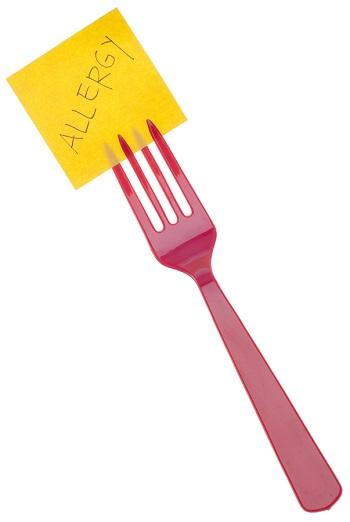 Especially during the younger years, adequate food and nutrition is vital for a child’s growth and development. But for some children, a snack or meal as simple as a peanut butter sandwich or a cup of milk can cause serious health problems. So, what’s a parent to do when they suspect their child is allergic to a certain food?
Especially during the younger years, adequate food and nutrition is vital for a child’s growth and development. But for some children, a snack or meal as simple as a peanut butter sandwich or a cup of milk can cause serious health problems. So, what’s a parent to do when they suspect their child is allergic to a certain food?
A food allergy is the abnormal response of the immune system to a food. It’s possible to be allergic to any food, but these particular foods are responsible for the majority of allergies: milk, eggs, wheat, soy, tree nuts, fish, shellfish, and peanuts. Food allergies should not be confused with food intolerance, or food sensitivity, which is more common and less severe.
Symptoms of an allergic reaction typically occur within just moments to an hour after the child ingests a food. They can range from uncomfortable to life-threatening, so it’s important for parents to understand what to do if they suspect their child is having an allergic reaction to food. Symptoms will vary for each child, but the most common telltale signs include:
- Vomiting
- Diarrhea
- Hives
- Eczema
- Trouble breathing
- Itching or swelling of the lips, tongue, mouth or throat
- Sneezing
- Wheezing
- Light-headedness or loss of consciousness
Food allergy symptoms often resemble other medical conditions, so always contact your pediatrician for a proper diagnosis. If you suspect your child has a food allergy, remove that particular food from your child’s diet immediately. If the allergic reaction is severe, seek medical care right away.
The good news is that food allergies are often outgrown during early childhood. Your pediatrician or allergist can perform tests to pinpoint and track your child's food allergies They can also work with you to modify and manage your child’s diet to ensure they are receiving adequate nutrition for growth and development without putting them at risk for additional allergic reactions.

